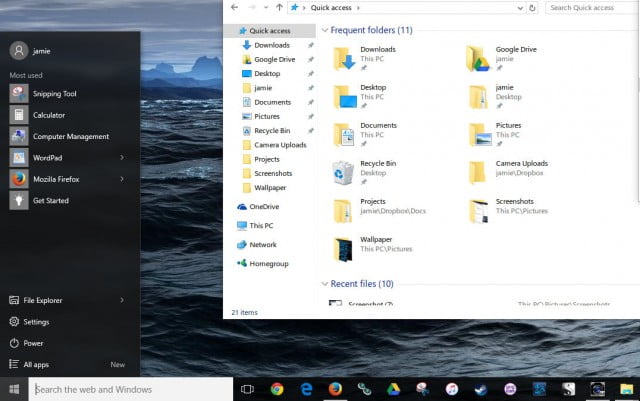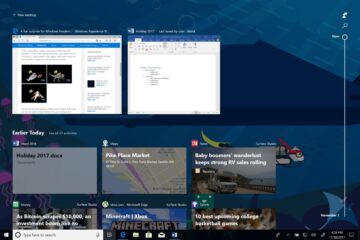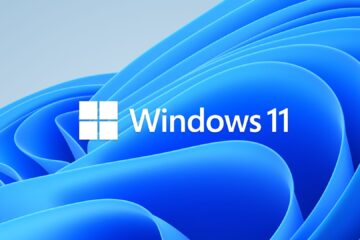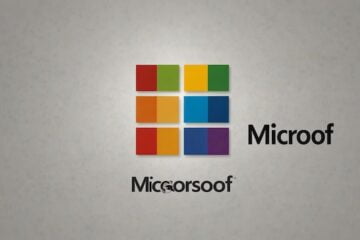Earlier this year, Microsoft announced that Windows 7’s support for Intel’s latest CPU, codenamed Skylake, would end by mid-2017. The announcement was controversial for several reasons: Not only have some users been unhappy with Windows 10 and Microsoft’s privacy and telemetry tracking, extended support for Windows 7 on other platforms doesn’t end until January 4, 2020.
Now, Microsoft has modified its previous stance. Support for Skylake on Windows 7 will still be phased out earlier than 2020, but the company is pushing the deadline back 12 months. It’s also changing its policies on long-term security fixes for the Skylake platform when running on Windows 7.
For those of you keeping score at home, Microsoft’s original security policy was as follows:
“After July 2017, the most critical Windows 7 and Windows 8.1 security updates will be addressed for these configurations, and will be released if the update does not risk the reliability or compatibility of the Windows 7/8.1 platform on other devices.”
The company’s new policies read:
To help provide greater flexibility for customers who have longer deployment timeframes to Windows 10, the support period for Windows 7 and Windows 8.1 devices on Skylake systems will be extended by one year: from July 17, 2017 to July 17, 2018.
Also, after July 2018, all critical Windows 7 and Windows 8.1 security updates will be addressed for Skylake systems until extended support ends for Windows 7, January 14, 2020 and Windows 8.1 on January 10, 2023.
According to Jeremy Korst, General Manager Windows Marketing, everyone should still be upgrading to new hardware, since “Skylake when combined with Windows 10, enables up to 30x better graphics and 3x the battery life – with the unmatched security of Credential Guard utilizing silicon supported virtualization.”

Note: We’d really, really like to see the conditions in which Skylake + Windows 10 achieves 3x the battery life of the same system running Windows 7.
One facet of the announcement that hasn’t changed is future support for Intel, AMD, and Qualcomm products. Kaby Lake, Bristol Ridge, and Qualcomm’s 8996 (Snapdragon 820) will only be supported on Windows 10. These products may or may not be capable of running older operating systems — this will depend on feature sets and changes. At minimum, users can expect that some features either won’t work with older operating systems or won’t work fully.
Skylake will be supported on Windows Server 2012 and 2012 R2 until those operating systems enter extended support on 1/10/18. Systems submitted for validation on Windows Server prior to this date will remain Skylake-certified until the operating systems are retired.
[Source:- Extreme Tech]




